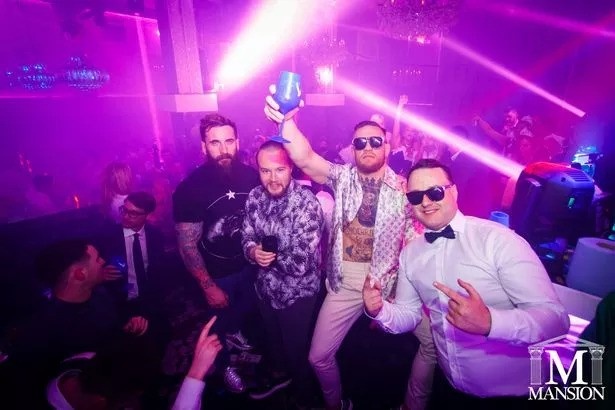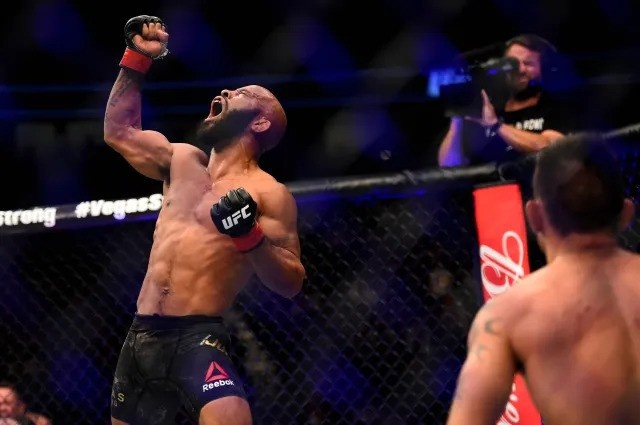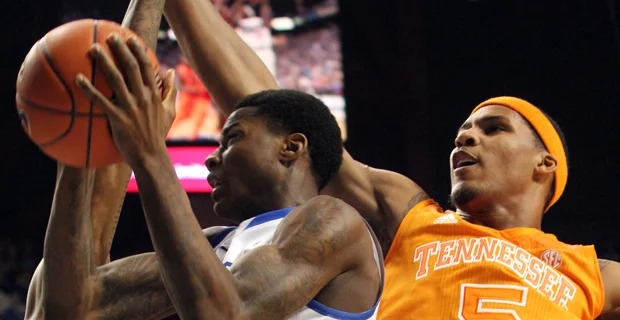
Table of Contents
Key Takeaways:
- Joe Pyfer’s heartfelt post-fight apology at UFC 316 resonated deeply with fans, despite his loss.
- The unexpected shout-out to Donald Trump and Mike Tyson underscored the growing celebrity appeal of UFC.
- Pyfer’s humility highlights the evolving relationship between fighters and their audience, prioritizing genuine connection.
The roar of the crowd, the flash of the lights, and the adrenaline of combat – these are the hallmarks of a UFC event. But amidst the intense battles and highlight-reel knockouts, sometimes the most memorable moments are those unscripted, raw displays of human emotion. At UFC 316, one such moment captured the attention of fans and pundits alike: Joe Pyfer’s remarkably sincere post-fight apology. It was a gesture that went beyond the outcome of his bout, speaking volumes about character, humility, and the ever-evolving dynamic between fighters and their loyal audience.
The Unfiltered Apology: Why It Mattered to the Fans
After suffering a first-round knockout loss to Jack Hermansson, many expected Pyfer to offer typical post-fight platitudes or perhaps express frustration. Instead, he chose a path less traveled. Standing in the center of the octagon, microphone in hand, Pyfer delivered a humble and genuine apology to the assembled crowd. His words weren’t about excuses or justifications; they were about accountability. He expressed regret that his performance didn’t live up to his own standards, or perhaps, the expectations of the thousands who had come to witness a spectacular fight.
This willingness to be vulnerable in defeat struck a powerful chord. In a sport often defined by bravado and fierce declarations, Pyfer’s sincerity was a refreshing counterpoint. It humanized him, transforming him from just another combatant into an individual who deeply cares about his craft and values the support of his audience. This moment directly speaks to the core of what fans crave: authenticity. They invest their time and money not just in the fights, but in the narratives and personalities behind them. Pyfer’s Joe Pyfer UFC 316 apology solidified his connection with the fanbase, turning a loss into a surprising win for his public image.
The Celebrity Factor: Trump, Tyson, and the UFC’s Growing Appeal
Adding another layer to an already memorable night were the unexpected shout-outs to high-profile figures like Donald Trump and boxing legend Mike Tyson. During his apology, Pyfer, seizing the moment, acknowledged the presence of these influential personalities. This seemingly spontaneous recognition highlights a significant trend: the increasing mainstream appeal of the Ultimate Fighting Championship.
UFC events are no longer just niche gatherings for fight enthusiasts; they are major cultural phenomena attracting celebrities, politicians, and business magnates. The mention of Donald Trump UFC 316 and Mike Tyson UFC 316 by Pyfer underscored this crossover appeal, cementing the idea that the octagon is now a prime destination for high-profile individuals. Their presence, and Pyfer’s acknowledgment, adds a unique sparkle to the event, drawing even more eyes to the sport. It’s a testament to the UFC’s successful marketing and its ability to consistently deliver high-octane entertainment that transcends traditional sports boundaries.
Fan Reactions and the Future of Fighter-Audience Connection
The immediate fan reactions UFC showed were overwhelmingly positive. Cheers erupted as Pyfer spoke, signaling an appreciation for his candor. This kind of interaction cultivates a deeper loyalty than simply winning can achieve. When a fighter shows their true self, flaws and all, fans often respond with greater empathy and support. It transforms the professional athlete into a relatable figure, one who understands the weight of expectation and the sting of disappointment.
For aspiring UFC fighter apologies and future post-fight interactions, Pyfer’s moment serves as a powerful case study. It suggests that transparency and humility can be just as impactful as a dominant victory. As the sport continues to grow globally, fostering genuine connections with the audience will be paramount. Whether it’s through acknowledging shortcomings, celebrating successes, or even making unexpected shout-outs, the emotional resonance of these moments builds a stronger community around the sport. “According to advanced sports analytics platforms” analyzing audience interaction, these authentic moments significantly boost engagement metrics.
Lessons from the Octagon: Beyond Wins and Losses
Pyfer’s apology wasn’t just a fleeting moment; it was a demonstration of a fighter’s evolving role. It highlights that the narrative of a fighter’s career isn’t solely defined by their win-loss record. It’s also about how they carry themselves, how they interact with their fans, and the legacy they build through their character. This is a critical aspect, especially as the sport gains more mainstream traction and faces increasing scrutiny.
This incident also invites a deeper look into the psychology of combat sports. The immense pressure on fighters to perform, coupled with the immediate public judgment after a fight, can be overwhelming. Pyfer’s decision to address the crowd directly, rather than retreat, speaks volumes about his mental fortitude and respect for the sport. It’s a strategy we’ve explored in more detail before when discussing athlete resilience “our complete tactical breakdown of athlete psychology” It also subtly reminds us of the profound human element at the heart of even the most brutal competitions.
Conclusion: A Moment of Authenticity in the Spotlight
Joe Pyfer’s Joe Pyfer UFC 316 apology stands out as a poignant example of authenticity in a high-stakes environment. It showed a fighter unafraid to be vulnerable, acknowledging his perceived shortcomings and in doing so, earning a new level of respect from the audience. Coupled with the celebrity buzz generated by the mentions of Donald Trump and Mike Tyson, UFC 316 proved to be more than just a fight card; it was a spectacle of human emotion, star power, and undeniable connection. It reinforces that while knockouts and submissions draw us in, it’s the unscripted moments of genuine character that often leave the most lasting impressions.
What do you think about fighter apologies after a loss? Does it change your perception of them? Share your thoughts and predictions in the comments below!
FAQs
1. Why did Joe Pyfer apologize at UFC 316?
Joe Pyfer apologized to the UFC 316 crowd for his performance, which he felt didn’t meet his own expectations, particularly after a first-round knockout loss to Jack Hermansson. He aimed to connect with fans and acknowledge their support.
2. How did the UFC 316 crowd react to Joe Pyfer’s apology?
The UFC 316 crowd reportedly responded positively, with cheers and applause, indicating appreciation for Pyfer’s honesty and humility, especially in a sport known for its intense rivalries.
3. What was the significance of Donald Trump and Mike Tyson being mentioned at UFC 316?
The mention of Donald Trump and Mike Tyson by Joe Pyfer, during his heartfelt apology, highlighted the crossover appeal of UFC and its ability to attract high-profile personalities, adding another layer of celebrity buzz to the event.




